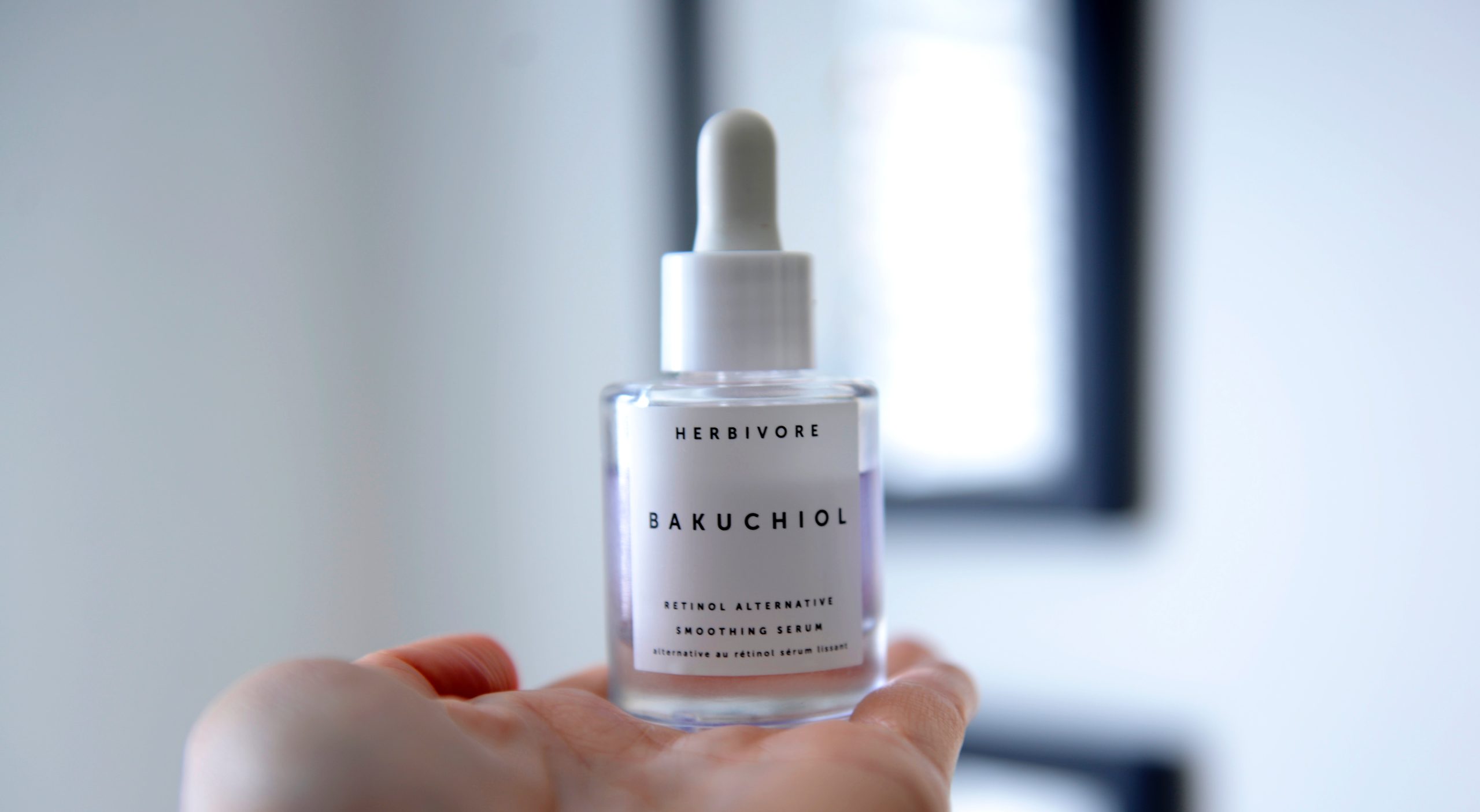Introduction
Vaginal wellness is a crucial yet often overlooked aspect of feminine health. The journey towards empowering your intimate well-being involves embracing a holistic approach that considers physical, emotional, and mental aspects. Dr. Emily Morse, a passionate advocate for feminine wellness, presents a comprehensive guide designed to empower and prioritize your vaginal health.
1. The Holistic Perspective: Understanding the Vaginal Connection
Vaginal wellness extends beyond physical health; it encompasses emotional and mental well-being. It’s about recognizing the profound connection between the mind and body concerning intimate health. Embracing a holistic perspective allows for a comprehensive understanding of feminine wellness.
2. Mind-Body Connection: Nurturing Positivity for Vaginal Health
Positive thoughts and emotions significantly impact vaginal wellness. Cultivating positivity through mindfulness and stress reduction techniques contributes to a healthy and balanced intimate environment.

3. Physical Health: Exercises and Practices for Vaginal Empowerment
Kegel Exercises
Benefits: Strengthen pelvic floor muscles and enhance vaginal tone. Routine: Perform 3 sets of 10-second contractions, 3 times a day.
Yoga for Vaginal Wellness
Practices: Incorporate yoga poses that focus on pelvic health, such as Malasana (squat pose) and Bound Angle Pose (Baddha Konasana).
4. Nutrition for Vaginal Health: Nourishing Your Feminine Connection
Diet plays a pivotal role in vaginal health. Incorporating foods rich in probiotics, antioxidants, and essential nutrients helps maintain a balanced and vibrant vaginal ecosystem.
5. Hormonal Harmony: Balancing Your Body for Vaginal Wellness
Understanding hormonal balance and its impact on vaginal health is crucial. Adopting lifestyle practices that support hormonal harmony contributes to a healthy vaginal environment.
6. Visual Guide: Holistic Practices for Vaginal Wellness in Action
| Practice | Description |
|---|---|
| Kegel Exercises | Contract and relax pelvic floor muscles. |
| Yoga Poses | Poses targeting pelvic health and relaxation. |
7. Comparative Table: Holistic vs. Conventional Approaches to Vaginal Wellness
| Aspect | Holistic Approaches | Conventional Approaches |
|---|---|---|
| Emphasis | Comprehensive well-being | Symptomatic treatment |
| Mind-Body Connection | Prioritized and integrated | May not be emphasized |
| Preventive Practices | Focus on prevention and overall health | Addressing issues as they arise |
| Nutritional Approach | Integrates nutrition for overall health | May not focus on specific nutritional contributions to vaginal wellness |
Lubrication and Moisture Balance
Vaginal dryness can lead to irritation and painful intercourse. Dr. Morse advises:
- Use Water-Based Lubricants: These are gentle, safe with condoms and sex toys, and won’t disturb flora.
- Avoid Glycerin or Parabens: These can irritate sensitive tissue or feed yeast.
- Natural Oils (in Moderation): Pure coconut oil can soothe, but test first for sensitivity.
- Vaginal Moisturizers: Long-lasting gels or suppositories inserted a few times weekly restore hydration.
Optimal moisture enhances comfort and intimacy.
Regular Self-Exams and Checkups
Early detection of issues is key. Dr. Morse’s recommendations:
- Monthly Self-Exams: Gently inspect for lumps, sores, or unusual discharge color and odor.
- Pap Smears & STI Testing: Follow guidelines—Pap smears every 3–5 years after 21; STI tests based on sexual activity.
- VS Tight Vaginal Vibes: New sensations can indicate issues—itching, burning, or pain deserves professional evaluation.
- Open Communication: Share concerns with your gynecologist or primary care doctor without embarrassment.
Routine exams ensure problems are caught and treated early.
Stress Management and Emotional Wellness
Stress impacts hormonal balance, which in turn affects vaginal health. To keep stress low:
- Practice Mindfulness: Meditation, deep breathing, or gentle yoga reduce cortisol levels.
- Quality Sleep: Aim for 7–9 hours nightly. Poor sleep disrupts hormones and immunity.
- Healthy Relationships: Open conversations with partners about sexual needs fosters trust and reduces anxiety.
- Professional Support: Therapy or support groups for relationship or body image concerns.
A calm mind supports a healthy body—and that includes your vagina.
Smart Use of Over-the-Counter Products
While many OTC remedies exist, Dr. Morse cautions:
- Avoid Scented Products: Perfumed sprays and wipes can irritate.
- Read Labels Carefully: Look for “non-comedogenic” and “gynecologist-tested.”
- Use Short-Term: Vaginal suppositories or creams only as directed—overuse can cause imbalance.
- Natural Alternatives: Apple cider vinegar sits in a diluted bath may soothe itching, but patch-test first.
Use products wisely to avoid unintended side effects.
Incorporate Probiotics and Supplements
Specific supplements may support vaginal flora:
- Oral Probiotics: Strains like Lactobacillus rhamnosus and L. reuteri help maintain balance.
- Vitamin D: Supports immune response; low levels link to infections.
- Cranberry Extract: May help prevent UTIs by discouraging bacterial adhesion.
- Omega-3 Fatty Acids: Anti-inflammatory properties support mucosal health.
Consult your healthcare provider before adding supplements to your routine.
When to Seek Professional Help
Even with diligent self-care, see a professional if you notice:
- Persistent Itching or Burning: Lasting more than a few days.
- Unusual Discharge: Thick, curd-like, foul-smelling, or blood-tinged.
- Painful Intercourse or Urination: Sharp or burning pain warrants a checkup.
- Recurring Infections: More than two yeast infections a year.
Dr. Morse emphasizes that expert advice is crucial for diagnosing yeast, bacterial vaginosis, STIs, or other conditions.
Real-World Success Stories
- Anna, 28: Spot treatments with water-based lubricant and monthly probiotics cleared her recurring dryness and discomfort.
- Maria, 45: Regular pelvic floor exercises resolved her mild incontinence and increased sexual satisfaction.
- Priya, 34: Switching to pH-balanced cleansers and cotton underwear stopped her chronic itching in two weeks.
These women applied Dr. Morse’s steps to regain comfort and confidence.
Conclusion
Dr. Emily Morse’s steps to enhance vaginal wellness provide a straightforward roadmap to better intimate health. By combining gentle hygiene, nourishing diet, pelvic floor exercises, proper lubrication, and stress management, you create a balanced environment that supports comfort, immunity, and sexual pleasure. Regular self-exams and professional checkups catch issues early, while mindful use of products and supplements further fortify your natural defenses. Whether you’re facing recurring irritation or simply striving for peak vaginal health, these tips empower you to take control—one simple, science-backed step at a time.
Enhancing your vaginal wellness involves embracing a holistic approach that considers various facets of health, from physical exercises to mental well-being and nutrition. Dr. Emily Morse’s guide aims to empower individuals to prioritize their intimate health, fostering a deeper understanding and connection with their bodies.










